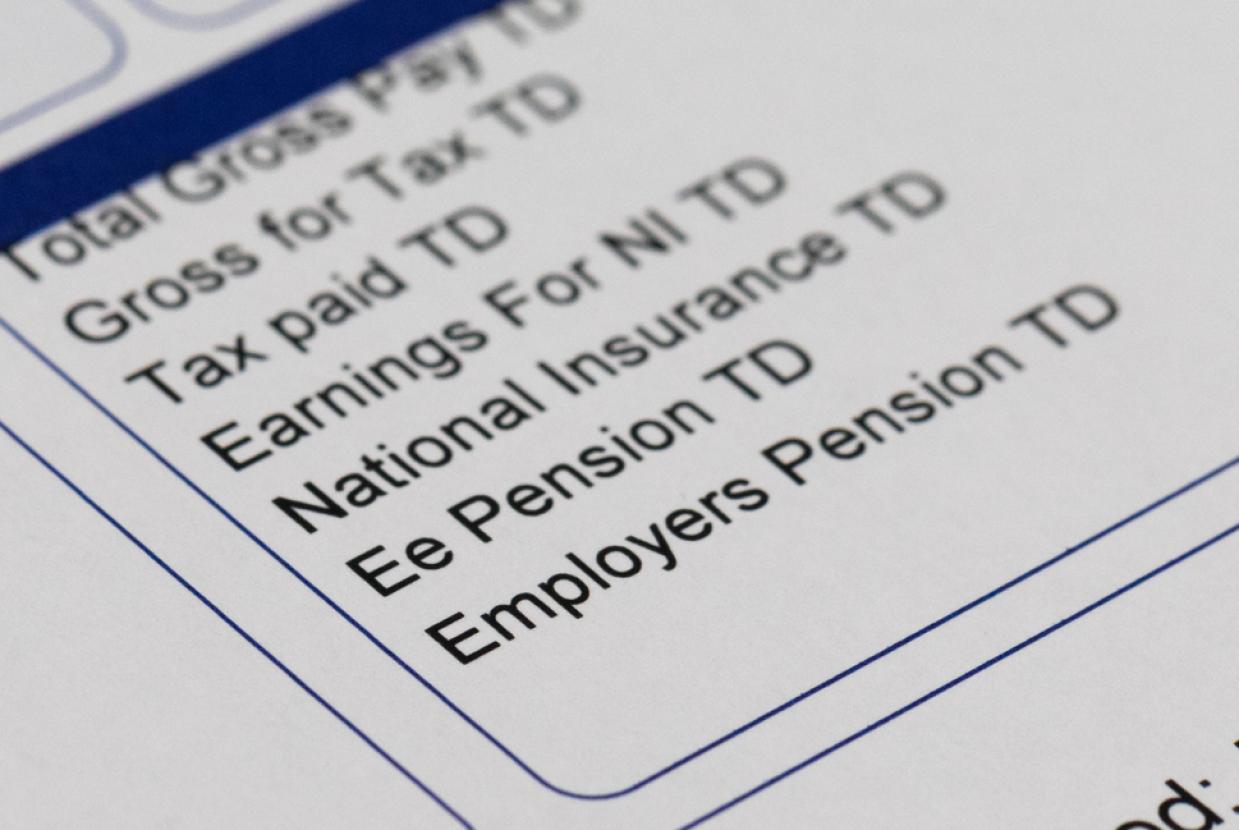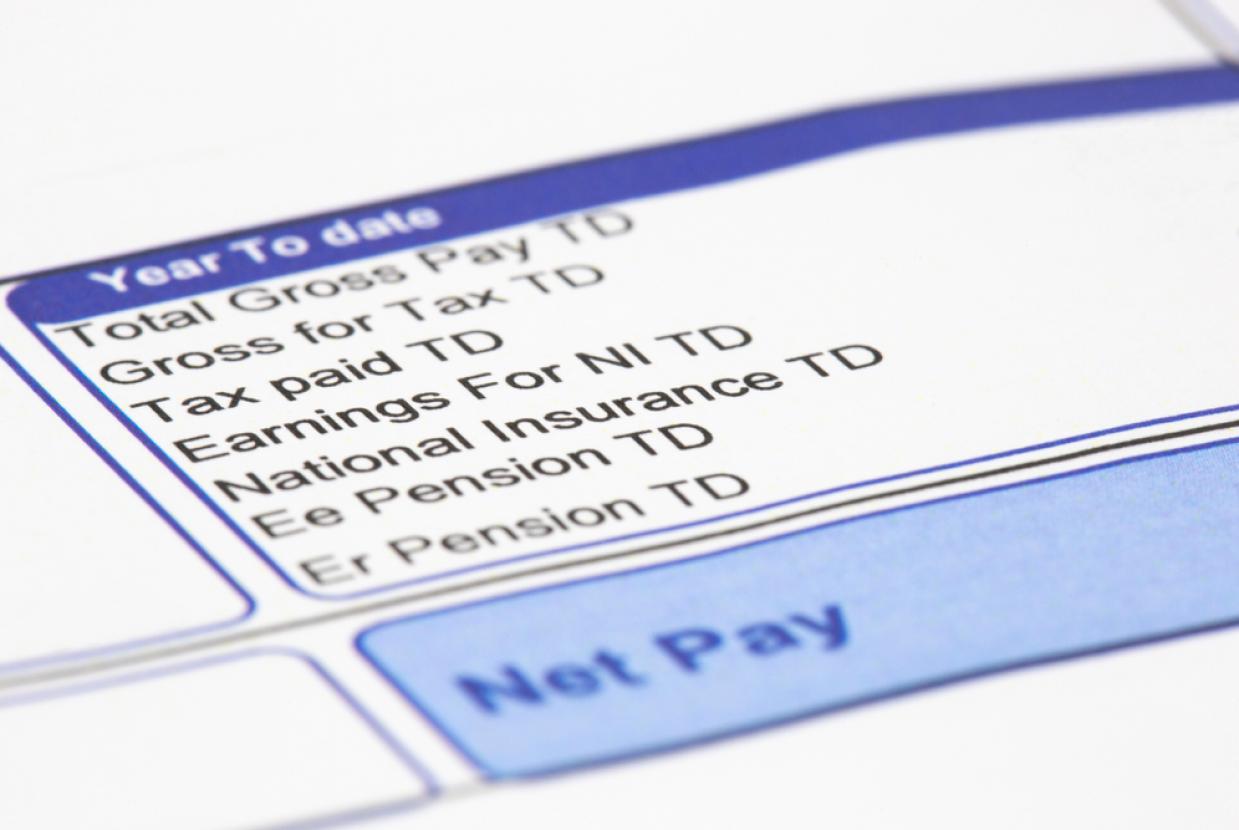A beginner's guide to scams
Financial HealthScams are getting more and more sophisticated, particularly when it comes to targeting you online and through mobile devices. In this guide we take a look at how you can recognise a scam, protect yourself and what to do if you’re a victim or have been targeted.
What is a scam?
Scams can come in many forms, but all are designed to get hold of your money. They can do this by getting you to reveal your personal details, stealing your information, or even getting you to willingly hand over the cash. The key is knowing how to recognise a scam, protect yourself and what to do if you think you’ve been targeted or have fallen victim.
Types of scam
The tactics used by scammers and fraudsters can vary from someone coming to your front door to an unexpected phone call. The internet and advances in digital communications have opened other ways for scammers to target you and steal information. Chances are, you’ve come across the most common type of scams – the spam email from a Nigerian prince or reporting to be from HMRC or your bank. However, while email scams can be quite easy to spot and avoid, others are much more sophisticated.
How to recognise a scam?
Knowing what to be on the lookout for when it comes to scams is one of the best ways to protect yourself.
- Email address. If you get an email, expand the pane at the top of the message and see exactly who it has come from. If it is a scam, the email address the message has come from will be filled in with random numbers, or be misspelled.
- If it sounds too good to be true, it usually is. This is something you normally find with pension or investment scams, where the fraudster guarantees you huge returns, but tells you it is low risk.
- Personal details, PIN codes and passwords. These are things no legitimate company will ask you for.
- Random competitions, particularly if you don’t remember entering them, should ring alarm bells.
How to protect yourself?
- Avoid any unexpected contact. Any phone calls, letters, emails or people knocking on your door should be ignored.
- Never give out personal information. This can be used to steal your identity and access accounts.
- Keep operating system and virus protection software up-to-date. Don’t ignore updates as these can often include patches to protect against new kinds of scams, viruses and ransomware. This goes for mobile devices as well.
- Make sure all accounts have a strong password. Don’t use the same password for multiple accounts and change them regularly.
For more tips on how to protect yourself against scams and what to do if you have been a victim, follow the link - www.moneyadviceservice.org.uk






































